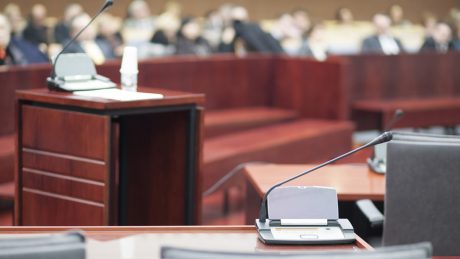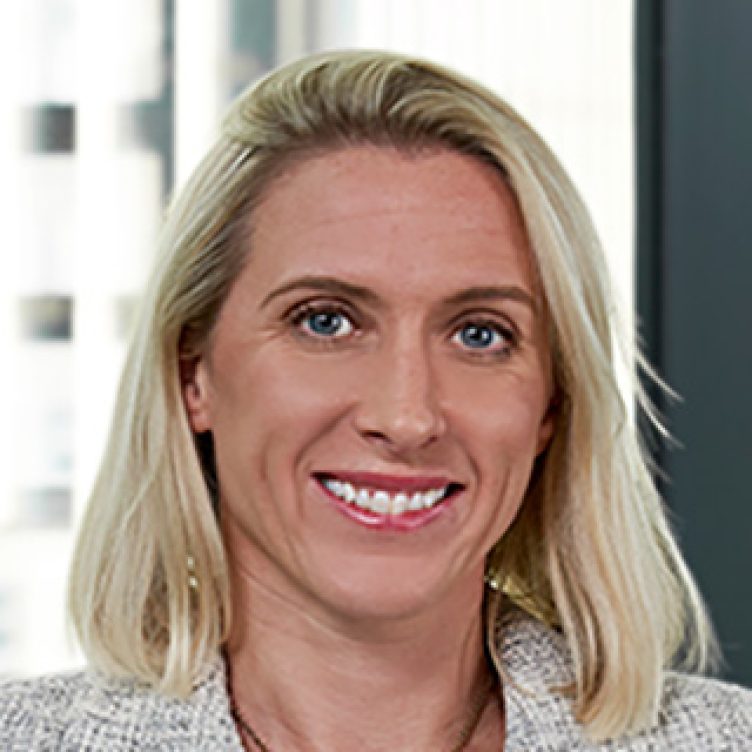Senior Paralegal Shammi Ruprah recently wrote for the Family Law Journal after attending the inaugural webinar hosted by the Family Justice Council (‘FJC’), chaired by Mr Justice Williams.
A range of interdisciplinary experts came together to encourage clinical professionals to offer their services to the Family Law Division. This follows a report published by the Medical Experts Working Group in November 2020 that identified a shortage of expert witnesses in the family courts.
The shortage includes health professionals, independent social workers and clinical workers, as well as child and family psychologists and psychiatrists.
The Family Justice Council sub-committee
As part of the project, an FJC sub-committee was created to support the implementation of the 22 recommendations made by the Working Group aimed at reducing the shortages. The sub-committee will take part in liaising with training organisations, stakeholders and professional bodies, and also provide support to regional committees (based on the Family Division circuits) to promote cooperation and awareness in relation to expert evidence.
The inaugural webinar
An invitation to the webinar was extended to more than 200 organisations and professionals to discuss how experts can feel encouraged to come forward and assist judges in resolving the array of complex family law cases with which they are faced.
The session concentrated on making practitioners aware of the need to deploy clinical expertise in the legal forum. As a result, this will help to support the Family Courts in reaching solutions that are in the best interests of the children and families involved, as well as further enhance judges’ decision-making.
The main barriers for professional experts
As identified by the Working Group, the main barriers that prevent health and other professionals from undertaking expert witness work are:
- linked to the remuneration they receive;
- a lack of understanding of the court process;
- a lack of support and training; and
- perceived criticism by lawyers, the judiciary and the press.
Principles of composing an expert’s report and experts’ duties
This first session went back to basics, and a panel consisting of both medical and legal professionals navigated through the fundamental principles of composing a report. This covered the expert’s obligations to the court, the expectations of the parties by whom they are instructed, providing live evidence and the expert’s overall contribution to a case.
The panel opened with an introduction to PD 25 of the Family Procedure Rules 2010 and the expert’s duties in family proceedings, subsequently addressing the preparation of an expert report and how best to make it a conducive piece of literature in a set of legal proceedings.
The panel advised that a good report should ideally:
- consider all material facts in reaching a conclusion, answering sufficiently and clearly;
- describe the expert’s professional process and highlight factual assumptions and deductions, together with any unusual features of the case;
- point out whether the opinion is a hypothesis (particularly a controversial one) or whether it is based on research accepted as a consensus within the scientific community;
- where there is a range of expert opinion, properly research and summarise the range, using a ‘balance sheet’ approach to the factors for and against an opinion, if appropriate;
- where possible, demystify the language by using plain English and avoiding jargon so that the court can easily understand the expert’s findings and not become swallowed up in technical terms.
In consideration of the above, a well-written report should also save the court time, save the parties money and allow the case to move forward towards a suitable outcome. This can be achieved when an expert is able to assess any potential risks at play, bring together multiple factors of the case in which they are instructed and synthesise a systematic framework for the patient.
In addition, any proposed solutions should be realistic, therefore if treatment is suggested for a patient, it is key for the experts to describe the prospect of success of the patient engaging in treatment and provide the court with an accurate timescale in which this can be achieved. The timescale need not be definitive, but suggestions can be made for a minimum time in which the patient will start to benefit from the recommendations offered.
Medical evidence is not the sole indicator of how a case will follow
The panel sought to reassure those attending that providing medical evidence is not the sole indicator of how a case will follow but that it forms part of a much larger picture. As previously mentioned, the Working Group’s report identified that a main disincentive to undertake witness work was based on criticism as well as a lack of understanding of court process, especially when providing live evidence. The panel reminded experts that they should not feel intimidated by this process and bear in mind that advocates are instructed to challenge the evidence before the court, with some aiming to cast doubt on the credibility of the expert’s opinion to progress their client’s case.
The panel took into account case law and advised that courts are generally guarded against an expert who adopts a dogmatic approach, or one who seeks to protect their reputation (if at stake) or where they have developed a scientific prejudice (see Re U (Serious Injury: Standard of Proof); Re B [2004] EWCA Civ 567, [2004] 2 FLR 263).
Instead, the ability to remain open-minded throughout the process is encouraged.
Experts should also be prepared to shift their position, if necessary, but always be able to demonstrate sound reasoning in doing so. More importantly, clinical experts should acknowledge the limitations of their professional experience and competence when required but, above all, they should remain confident that they share a common goal with all parties involved, namely, to develop a deeper understanding of the children, families and young adults who are engaged in the Family Justice System.
Experts should remain a part of the case to its conclusion
An interesting closing note was the panel’s suggestion that experts should remain a part of the case to its conclusion. To assist in doing so, it was recommended that a direction should be drafted in the final order for the expert to receive a copy of the court judgment. This can prevent clinical and health practitioners from being ‘left in the lurch’ long after live evidence has been given and can serve as a good source of feedback, given that the judge will usually deliver commentary on the expert’s report as part of their judgment.
Mr Justice Williams assured that this session would be the first of many and that the sub-committee intends to continue with these symposiums, with the objective of eventually meeting face-to-face in a post-Covid world.
Click here to access the this on the Lexis Nexis website (subscription required).
To download the slides from the event or to watch the recording, please click here.
You can find further information regarding our expertise, experience and team on our Divorce and Family pages.
If you require assistance from our team, please contact us or alternatively request a call back from one of our lawyers by submitting this form.
Subscribe – In order to receive our news straight to your inbox, subscribe here. Our newsletters are sent no more than once a month.






